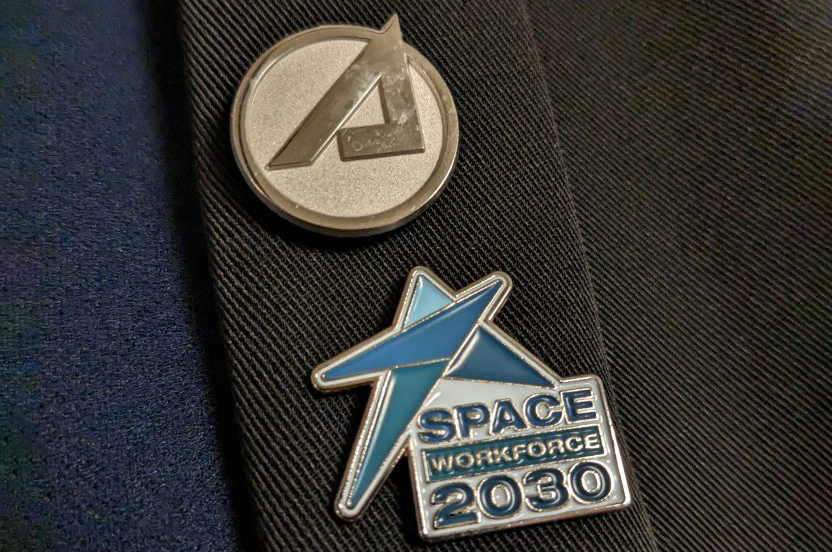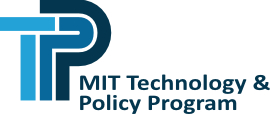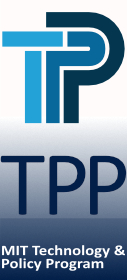
Rethinking space logistics
Dansil Green is a second year Master’s student in the Technology and Policy Program. Before MIT, Dansil worked as a civilian for the US Space Force and received her Bachelor’s degree in Aerospace Engineering from California Polytechnic State University. She supports the Small Satellite Collaborative within the MIT AeroAstro Department. This year, Dansil co-chaired the MIT Policy Hackathon and served as a board member for the Technology and Policy Student Society.
What is the focus of your research? What sort of knowledge and disciplines does it bring together? How will it make an impact?
My research focus is space policy with a special interest in In-Space Servicing, Assembly, and Manufacturing (ISAM). The space sector brings together diverse stakeholders to design, build, and implement complex systems as well as provide value-adding data and capabilities to users on Earth. ISAM is set to change the paradigm of space operations from one-time use to an ongoing logistics enterprise.
My thesis is exploring how in-space assembly may be utilized to rapidly build and deploy remote sensing satellites on orbit for disaster response and recovery monitoring. I’ll be researching the feasibility and viability of the technology as well as the policy and licensing concerns related to deploying and activating the system. I hope my research will advance our understanding of how space can be better used for disaster management to save lives and help decision-makers set regulations that enable the ISAM market.
Last summer you interned with the Aerospace Corporation’s Center for Space Policy and Strategy in Washington, DC. Who did you work with and what did you do?
I supported the Strategic Foresight Team within the Aerospace Corporation’s Center for Space Policy and Strategy (CSPS). Through the internship, I had the opportunity to work on background research for thought leadership papers in the space sector and support direct customer work. I learned more about foresight and strategy for the space ecosystem and the policy process. I was also able to participate in various events like Congressional hearings, think tank panels, partner workshops, and lab tours.
How does the internship connect to your current research and future plans?
I was able to meet many amazing people within my research interests to help me develop further professionally and support my thesis work. It also advanced my understanding of the stakeholders involved in the policy process, who I want to be employed with in the future. I am excited to continue my research and complete my thesis this year.
You were co-chair of the MIT Policy Hackathon this year,
As co-chair, I got to work with a wonderful team to put together the MIT Policy Hackathon. The Hackathon was held virtually the weekend of November 17th, 2023, and brought together diverse individuals from across the world to help solve tough policy challenges. I was excited that this year we got to introduce the Hackathon’s first space-related challenge, Space for Environmental Justice, alongside our other challenge areas, Data Systems for Human Rights, Housing Stability, and Equitable Access to Healthcare. Through the Hackathon I got to practice my leadership and organizational skills while contributing to a worthwhile endeavor and awesome event!


